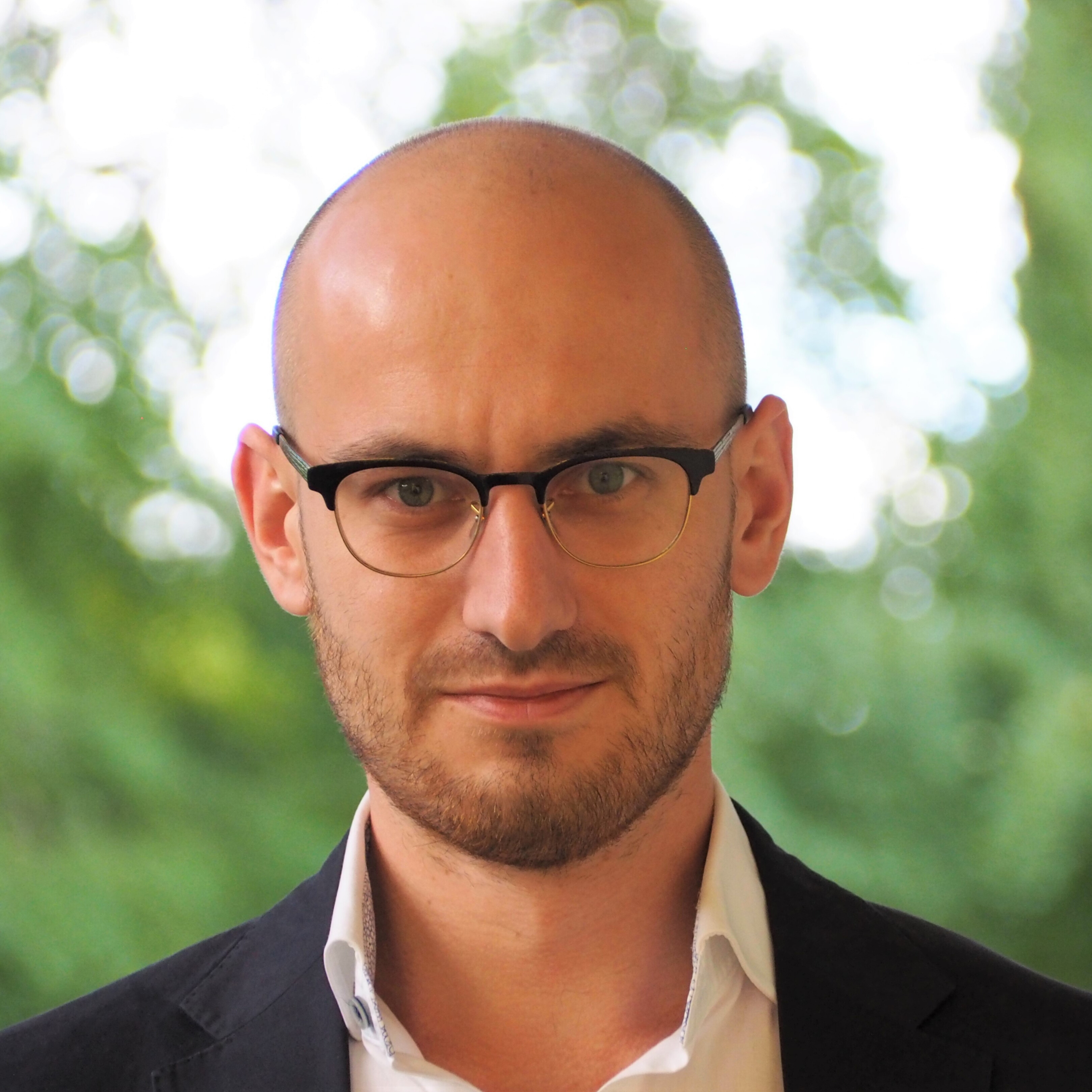
William Pritchard
Fellow in Clinical AI, Cohort 2
Fellowship Bio
Emergency Medicine Registrar and Clinical Research Fellow. MPhil in Bioscience Enterprise and NHS Clinical Entrepreneur.
Fellowship Project
Using an Auto-Machine Learning Framework for Clinical Prediction
Cambridge University Hospitals NHS Foundation Trust
Goals: The goal of this project was to demonstrate the use of Autoprognosis 2.0, an automated machine learning (ML) toolkit, in the hand of clinicians. This tool was developed by ML researchers and engineers in the Cambridge Centre for Artificial Intelligence. Autoprognosis aims to streamline the building and optimisation of complex ML models, empowering those with more domain knowledge but less ML expertise to address relevant clinical questions. Project role: Autoprognosis is an aid rather than a total replacement of user skills. My role was therefore to upskill in data science to prepare datasets and use the tools effectively, whilst in parallel exploring opportunities for effective clinical applications. Outcomes and future work: I have therefore devised operational and clinical applications. Our team clarified and tested the local procedure for data access and processing, an infrastructure hurdle that is under ongoing development. The use of Autoprognosis has enabled me to build more power predictive models, and much faster, than I otherwise would have been able to. There is further work to do in retrospective modelling within my clinical application. In parallel work, I am prospectively evaluating a new diagnostic test. I plan to subsequently combine the two- bringing a data driven approach to new lab methods to improve care for critically ill patients.
Fellowship Testimonial
This Fellowship in Clinical Artificial Intelligence has been a unique opportunity to interact with current and future leaders in this field. There has been focussed teaching on highly relevant tangible skills such as clinical safety assessment and regulatory considerations. Interacting with a diverse group of stakeholders (clinicians, academics, industry, regulators) has been invaluable and not something that is typically available in clinical work, especially at earlier career stages. There is a particular value to being able to do this work within the Fellowship structure, in parallel with clinical work and recognising the learnings as beneficial rather than an alternative to future NHS work. This is a huge credit to the central programme team; their knowledge, network and professionalism are exceptional- all the more incredible considering we were only the second cohort. Looking forwards, my immediate focus is clinical academic work, some of which has been directly enabled by what I’ve learned in this fellowship.